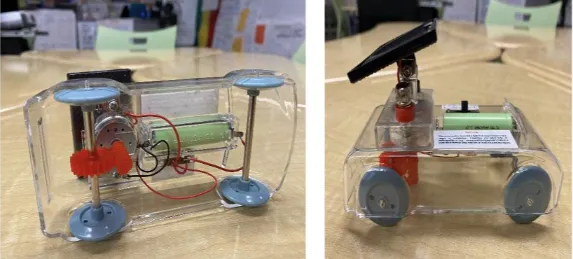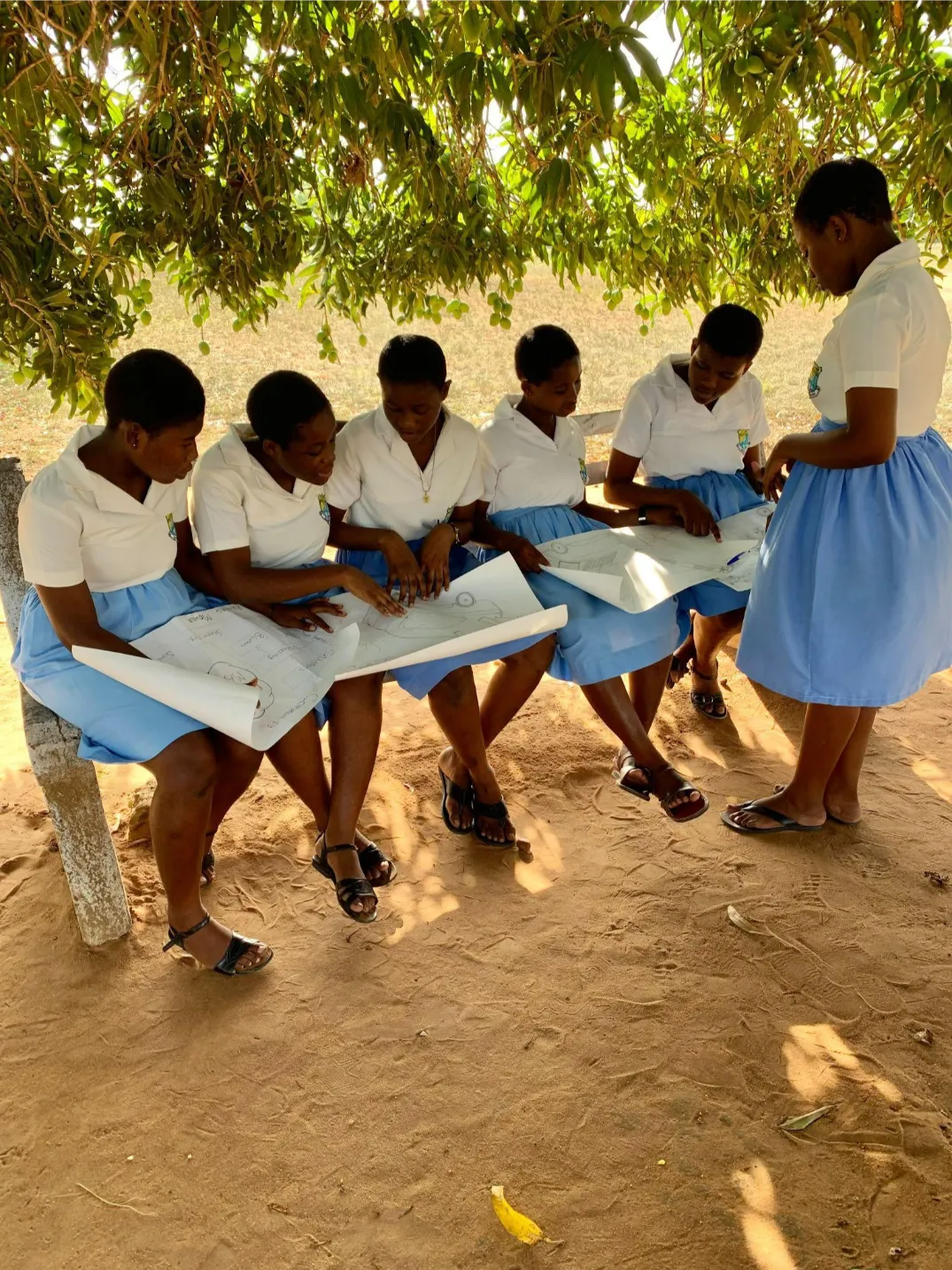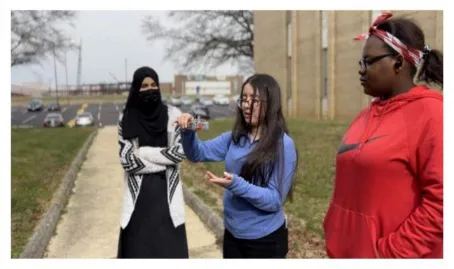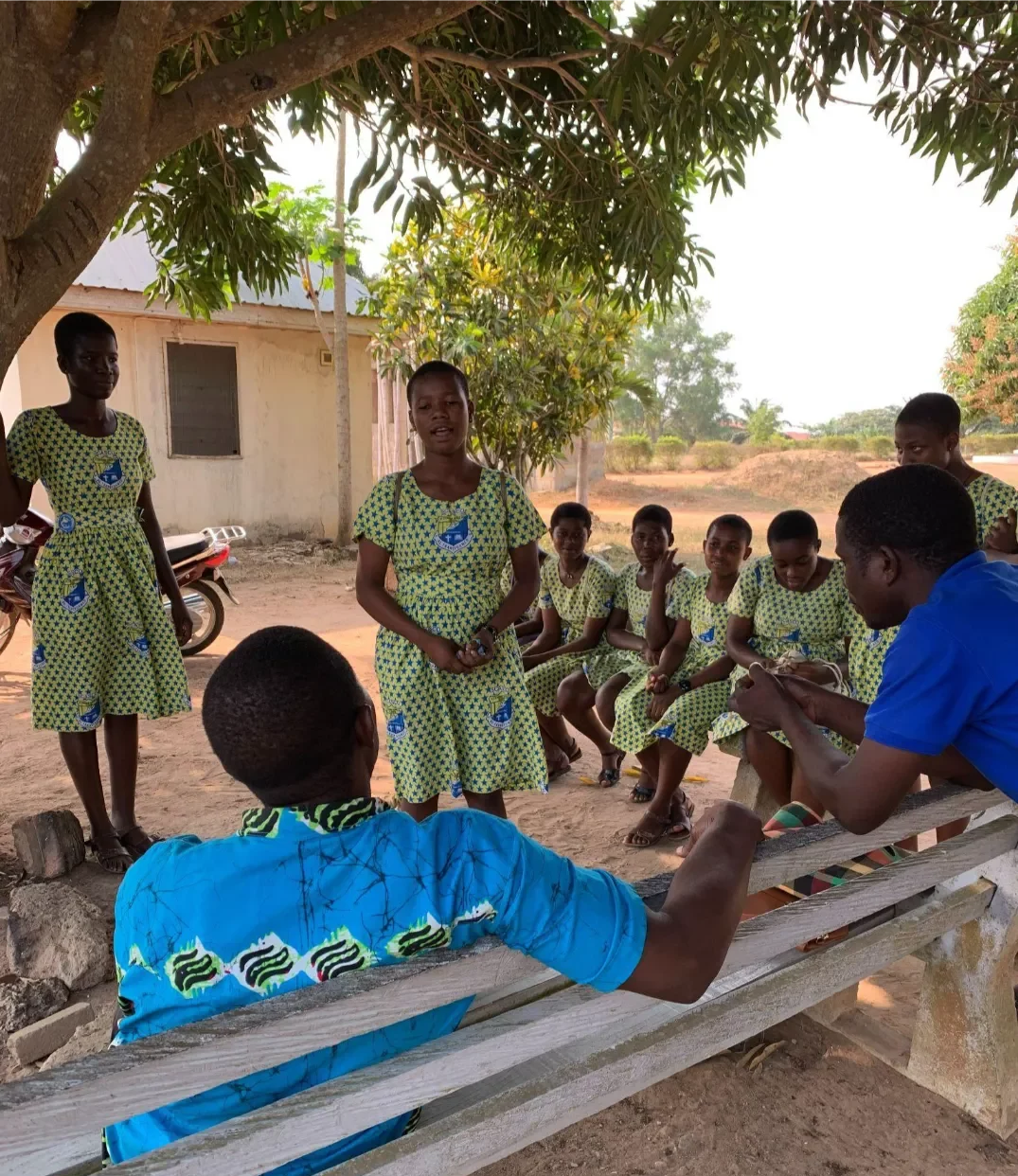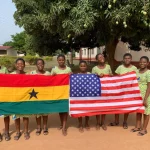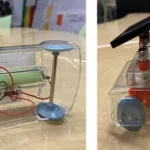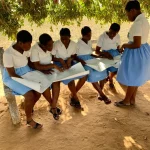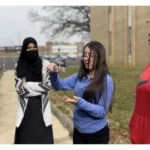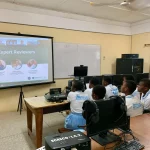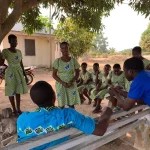Teacher: Leticia Emefa Yawa Akabutoo

Leticia Emefa Yawa Akabutoo
Having drawn inspiration from her kindergarten teacher, Leticia has an intense passion for teaching. With eleven years of experience, she promotes intercultural education and global citizenship in her school, St. Catherine Senior High School located at Agbakope in the southern region of Ghana. She began the Solar Powered Mower Project to find a lasting solution to challenges students face when weeding grass on the school compound due to increased rainfall caused by climate change. Leticia is a Fulbright TEA alumna who was at the University of North Carolina, Wilmington.
Usefull links related to the Solution
Overview
Climate change has led to heavy rainfalls even in the dry season in Agbakope in the south of Ghana. This has caused an increase in the rate at which grass grows in the region and means that students have to spend a lot of time clearing grass on their school compound which has a detrimental effect on their academic work as there is less time for learning. The students are also often exposed to snake bites, scorpion stings, skin allergies and sunburn and the work is very strenuous, leaving the children exhausted and with sores on their hands which makes it difficult to hold pens and pencils. The Ghanaian school joined forces with a school from the USA to work together to find a solution to this climate change issue.
Theory of Change
When students from the Global North and the Global South are brought together to work on a climate change project they bring different perspectives and experiences which leads to a greater understanding of the effects of climate change. By working together to solve an issue, the students gain knowledge and skills related to climate change education as well as valuable soft skills related to collaborating in a cross-cultural environment.
Approach and Actions
A team of students from each of the two schools carried out research in their schools to find climate change issues affecting students from their communities. Using videoconferencing the students discussed the issues that were affecting their communities and learnt about the different ways that climate change was affecting the students and their families and communities in the two different locations. The students then decided together to find a solution to the grass issue in the Agbakope school. Both teams then met with STEM experts in their own country to learn more about the grass issue and to find possible solutions to it. Weekly online meetings were held to share learning and insights. Through this process of sharing their learning, both teams gained an in-depth knowledge of climate change and specifically how it is affecting ecosystems. The two teams then went on to research and finally built a prototype of a solar-powered mower designed to cut the grass in the school compound- this provided the students with extensive opportunities to develop their communication, collaboration and problem-solving skills as well as learn more about sustainable energy use.
Impact
The project has been described by a visiting STEM expert as ‘an awesome opportunity which (gave) participating students in the school the platform to solve problems which affect everyone in (their) community’. The participants now consider themselves critical thinkers and problem solvers who are concerned about saving the planet through scientific innovations while adequately safeguarding the future of young people. Students from both schools also have become interested in STEM careers.

